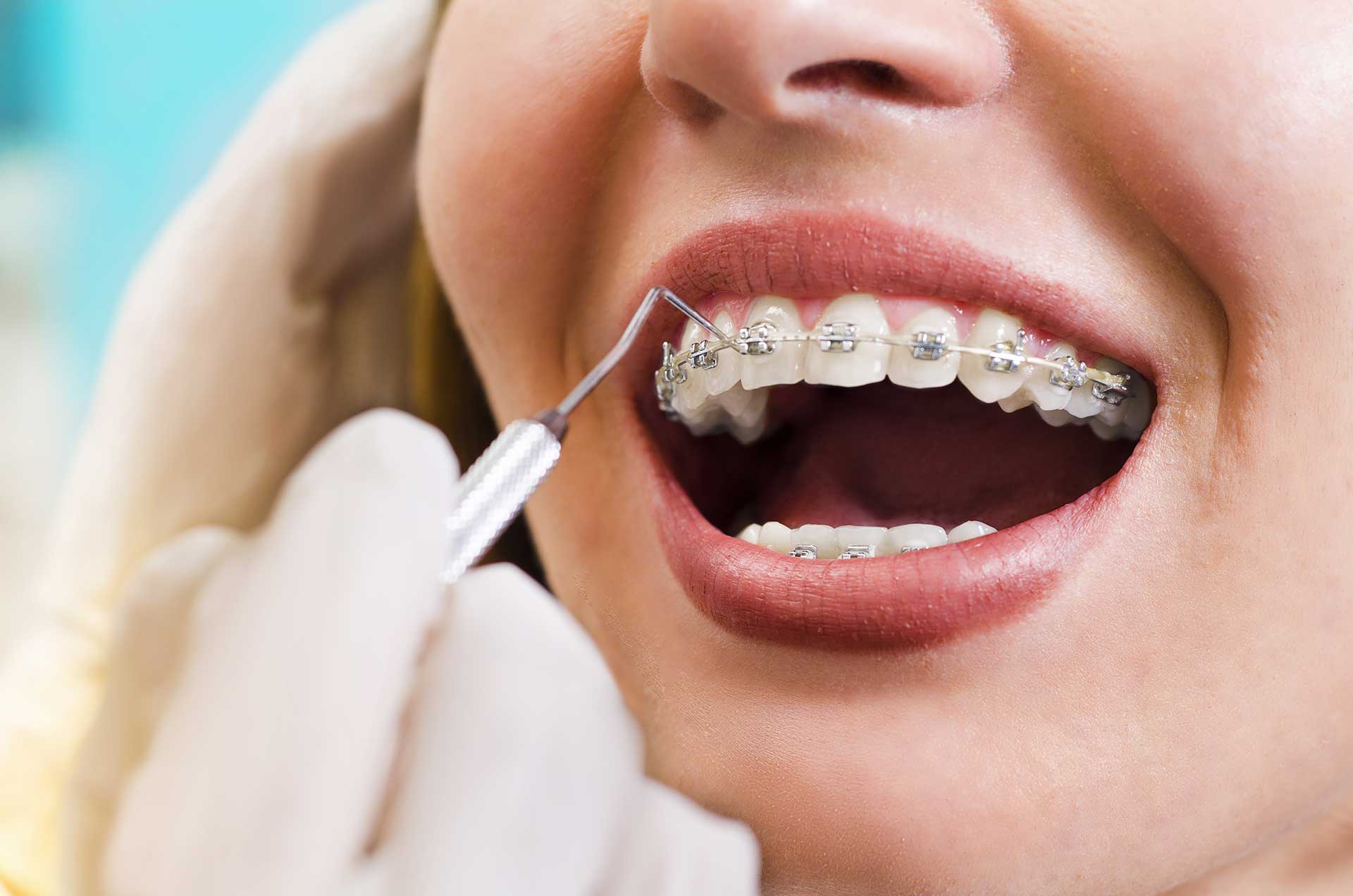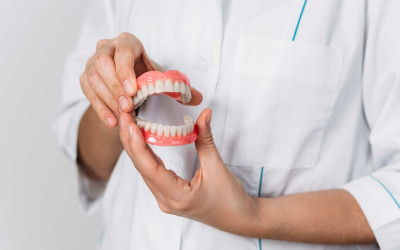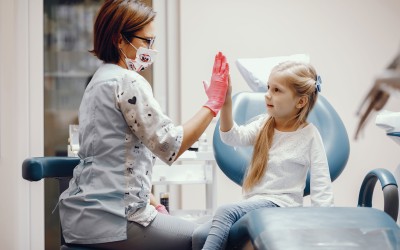Factors That Can Damage Braces

Factors That Can Damage Braces
- 16 July 2023
- 6141 views
Dental braces are a delicate treatment method. Therefore, it is important to avoid factors that can cause harm to the braces.
This content is for informational purposes only and does not replace medical advice, diagnosis, or treatment. Please consult a healthcare professional for any health concerns.
Table of Contents
Braces are a common method of correcting and aligning teeth. However, dental braces are delicate and require careful attention. There are several factors that can potentially damage braces. Understanding and avoiding these factors is crucial to the success of orthodontic treatment.
What are Dental Braces?
Braces are orthodontic devices used to achieve proper alignment of the teeth, correct jaw relationships and create a proper bite. Orthodontic treatment or braces, is used in cases of crooked or misaligned teeth, too much or too little space between teeth, abnormalities in the structure of the jaw and bite problems.
What Factors Can Damage Dental Braces?
Braces require careful handling, so it is important to avoid factors that can cause damage. Here are some factors that can potentially damage braces:
Poor Eating Habits
Diet is one of the most common factors that can damage braces. Certain foods and drinks can either damage or loosen your braces.
Here are some foods to watch out for:
- Hard and chewy foods: These foods can potentially damage your braces. It is important to take care when eating these foods. Cutting them into smaller pieces or choosing softer alternatives is essential.
- Sugary and sticky foods: Sugary and sticky foods can increase the risk of tooth decay. They can also cause plaque to build up around braces. It is therefore important to limit the consumption of sugary and sticky foods or to brush your teeth thoroughly after eating them.
Poor Oral Hygiene
Poor oral hygiene is another factor that can damage braces. Good oral hygiene keeps your teeth and gums healthy and allows your braces to work effectively.
Keep the following points in mind when wearing dental braces:
- Proper brushing: Regular brushing with a braces-compatible brush and the correct technique is important. Brushing helps to remove food particles and plaque that accumulate around the braces.
- Flossing: Flossing is important for cleaning hard-to-reach areas between teeth. Using floss that is compatible with braces will reduce plaque build-up around the braces and improve the effectiveness of the treatment.
- Use a mouthwash: Antibacterial mouthwashes can reduce the formation of bacteria in the mouth, which can help prevent gum disease. However, it is important to consult with your orthodontist before using mouthwash while wearing braces, as some mouthwashes can potentially damage braces.
Unhealthy Habits
Unhealthy habits can also cause damage to your braces. Certain habits can interfere with your treatment and cause damage to your dental braces.
Here are some habits to watch out for:
- Nail biting or braces chewing: Habits such as nail biting or ballpoint pen chewing can damage braces and change their shape. It is important to try to stop these habits as much as possible.
- Teeth grinding: Habits of clenching or grinding teeth can put pressure on dental braces, reducing their effectiveness or causing them to move. Stress management and relaxation exercises are important to control these habits.
Failure to Follow the Treatment Plan
Adapting to the dental braces and following the treatment plan are crucial to the success of the treatment. Failure to follow the treatment plan can cause damage to the braces or prolong the treatment process.
Keep the following points in mind:
- Proper cleaning and care: To keep braces clean and healthy, it is important to practice good oral hygiene habits such as regular brushing, flossing and using mouthwash throughout the treatment period.
- Regular check-ups: Attending regular orthodontic appointments during treatment allows your orthodontist to monitor progress and make any necessary adjustments.
By keeping these factors in mind and taking the necessary precautions, you can protect your braces, ensure their effectiveness and contribute to the successful outcome of your orthodontic treatment.







